As a runner, you are probably meeting the exercise condition for reliable appetite control. But are you meeting the condition of a diet based on natural foods?
Eat Natural Foods
Natural foods tend to limit weight gain because they tend to have low caloric density, meaning they fill a lot of space in the stomach without a lot of calories. Some natural foods such as yogurt and nuts have higher caloric density but they still prevent weight gain in other ways. Processed foods, on the other hand, tend to promote weight gain. One study found that potato chips were responsible for more long-term weight gain in adulthood than any other single food.
More: "Healthy" Chips: New Packaging, Old Flaws
While the typical runner's diet may be healthier than the typical non-runner's, most runners eat fewer natural foods and more processed foods than they should. That's one problem. The second problem is that most runners believe they eat more healthily than they actually do. If you are above your ideal racing weight and you are training consistently, you probably need to add natural foods to your diet and reduce your intake of processed foods.
As a general rule, at least four out of every five things you eat should come from the following six categories of natural foods: vegetables, fruits, nuts and seeds, lean meats and fish, whole grains and dairy. No more than one in five things you eat should come from the following four categories of processed foods: refined grains, fatty meats, sweets and fried foods.
Are You Getting Enough Fuel?
A consistent training routine combined with an 80 percent-plus natural diet will ensure that your appetite does not lead you astray. Under these conditions, eating by feel will enable you to shed excess body fat and move toward your ideal racing weight. But will it also ensure that you get enough calories to avoid underfueling your muscles?
More: Are You Overtraining or Undereating?
Yes. Remember, your appetite is smart. As your training load increases, so will your appetite. This is your body's way of ensuring that you always get enough energy to handle the physical stress that your workouts impose upon your body. If you eat too many processed foods, this increase in appetite may cause you to overcompensate and gain weight even as your training load gets heavier. But as long as you eat mostly natural foods, you can trust your appetite to negotiate the perfect balance, keeping your muscular fuel tanks full while allowing your excess fat stores to burn.
More: How to Burn More Fat While You Run
 Sign up for your next race.
Sign up for your next race. - 2
- of
- 2
About the Author

Get ACTIVE on the Go


Couch to 5K®
The best way to get new runners off the couch and across the finish line of their first 5K.
Available for iOS | Android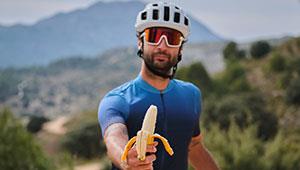
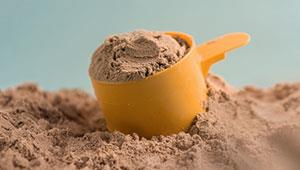
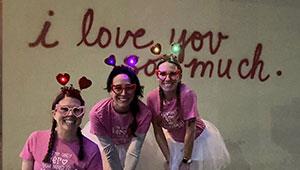
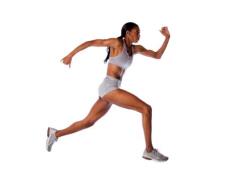

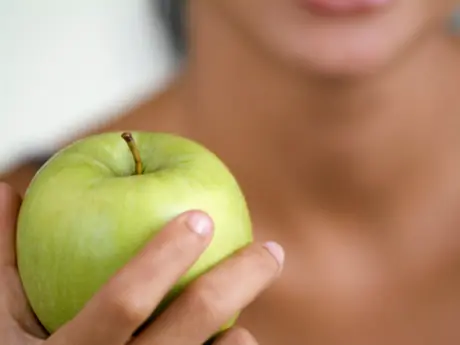
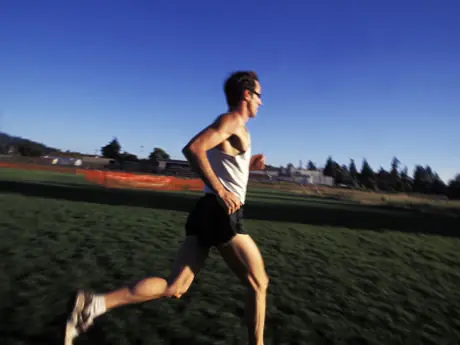

Discuss This Article